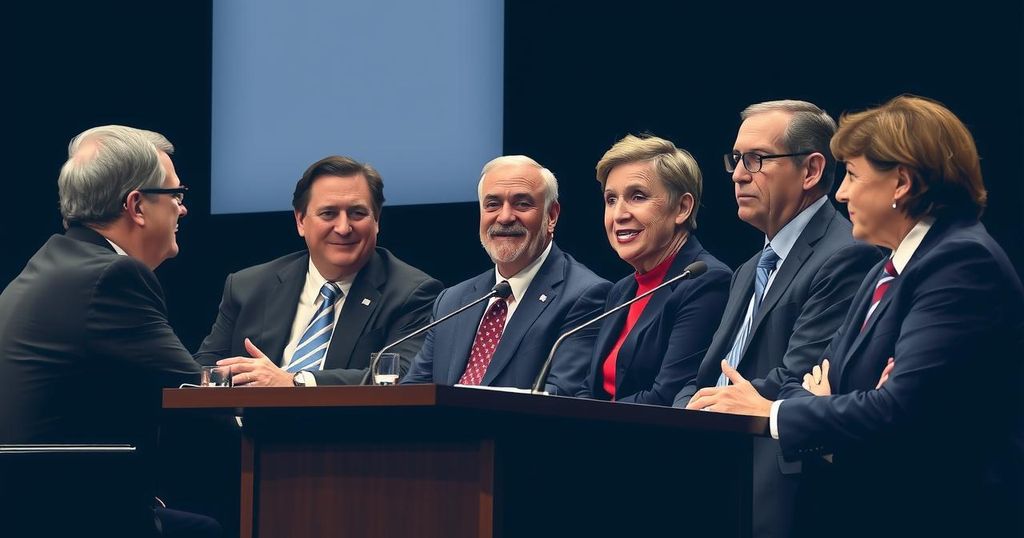Governor Cox Advocates for Lessons Learned from 2024 Election Realignment

Utah Governor Spencer Cox described the 2024 election as an “earthquake” due to significant voter realignment, particularly among Black and Latino demographics. He noted unexpected Republican victories and emphasized the importance of introspection for both political parties. Cox highlighted the need to understand the changing political landscape and suggested that superficial explanations for electoral outcomes, such as inflation, fail to capture the complexities at play.
Utah Governor Spencer Cox emphasized the significant voter realignment observed in the recent 2024 election, likening its impact to that of an “earthquake.” In a meeting with editorial boards of the Deseret News and KSL, he noted that the traditional demographic divisions in voting did not hold true this time, as shifts occurred notably among Black and Latino voters. Cox highlighted that Republican victories in several key states were not merely a matter of slim margins, but reflected deeper electoral changes.
He predicted that Donald Trump would win Pennsylvania and other states, a forecast that materialized with Trump’s success in all seven swing states. Governer Cox attributed this shift partly to Trump’s appeal to blue-collar workers, similar to that of President Biden. However, he expressed surprise at the extent of the demographic changes in the electorate, suggesting that some Democrats are indeed contemplating these shifts.
Cox acknowledged the strength of Democratic governors, noting their ability to connect with various segments of America. He urged both party members to reflect on the lessons from the election results, emphasizing that simply blaming external factors such as inflation does not capture the full complexity of electoral outcomes. As he prepares to release his Fiscal Year 2026 budget, he encourages a thoughtful assessment of the political landscape.
Governor Spencer Cox’s remarks come in the wake of the 2024 election, which showcased unexpected voter behavior and demographic shifts that challenge long-held electoral assumptions. The election, characterized by Republican wins across significant states, has prompted discussions on the evolving political affiliations among traditionally Democratic demographics, particularly among minority voters. Cox’s insights reflect a broader inquiry into how political parties can adapt to changing voter sentiments.
In summary, Governor Spencer Cox’s reflections on the 2024 election underscore a pivotal moment in American politics, marked by demographic realignments that both parties must acknowledge. His observations about the necessity for introspection within the Democratic Party, alongside an appeal for Republicans to learn from the electoral outcomes, indicate a potential shift towards a more inclusive political dialogue. As governors and party leaders assess the implications of these changes, the focus will likely remain on developing strategies that resonate with an increasingly diverse electorate.
Original Source: www.deseret.com







